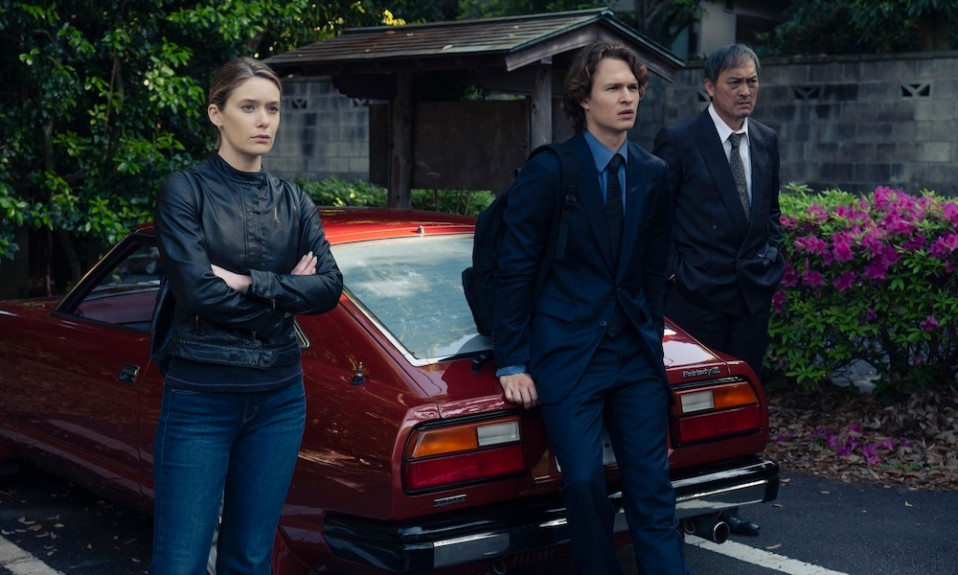‘Based on a true story’ are words even the most casual of movie-goers will recognise. They’re almost in-built into the DNA of modern filmmaking, no matter how loosely they’re used. Lulu Wang’s second feature The Farewell, however, announces it’s ‘based on an actual lie’.
‘Based on a true story’ are words even the most casual of movie-goers will recognise. They’re almost in-built into the DNA of modern filmmaking, no matter how loosely they’re used. Lulu Wang’s second feature The Farewell, however, announces it’s ‘based on an actual lie’.
In 2013, Wang found out her grandmother (her Nai Nai) had Stage 4 Lung Cancer and was given three months to live. Her family decided not to tell Nai Nai she was sick, something that is relatively common in China, as a way to spare her the pain of knowing that her life was ending. Instead, they staged a ruse wedding as an excuse for everyone to travel home, to Changchun, and say goodbye.
The Farwell is introspective and layered with a beautifully melancholic score by Alex Weston and gorgeous cinematography by Anna Franquesa Solano. It is a rich meditation on culture, family values, the familial bond, mortality, morality, truth, and pain. It features a cast of talented actors, who imbue the family at the centre of the story with nuance and complexity, led by a dazzling Awkwafina as Billi, a Chinese-American woman who acts as a stand-in for Wang.
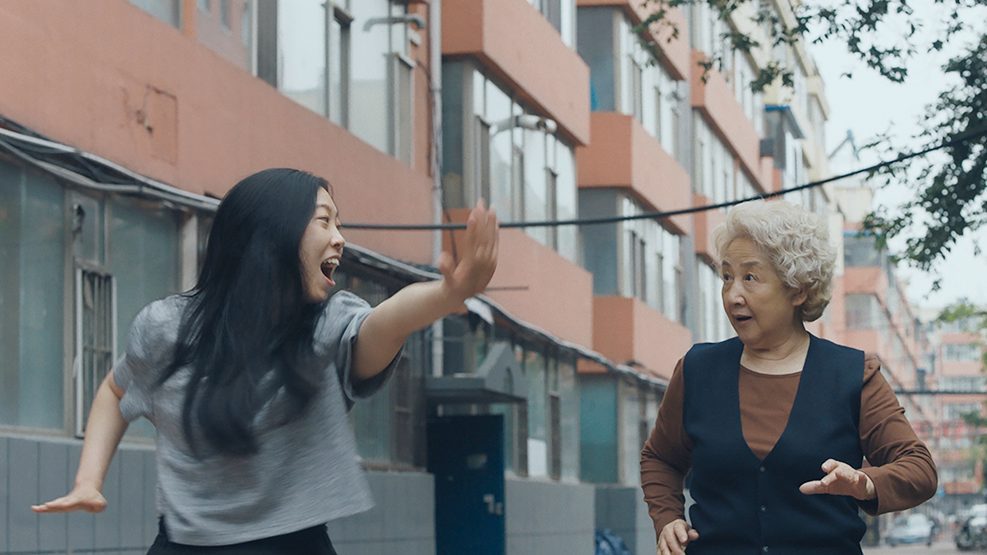
As Billi returns to China she is forced to confront the parts of herself that have shifted since she left when she was six-years-old. It was a move that left her feeling disjointed. In China, she feels American, she speaks a language she can’t read and every so often doesn’t understand certain words or phrases. In America, she feels lonely. Her family and her happiest memories are from her childhood in Changchun. She feels as if her connection to her home is dwindling, fizzling out before her eyes. The house she lived in was sold, her Nai Nai’s old house is long gone since the neighbourhood was renovated, and she lost her Grandfather when she was younger and was unable to attend his funeral. When she hears Nai Nai’s diagnosis, she fears she’ll lose her too and her connections to her childhood, and to China, will be severed for good.
Billi wants this visit, the one that might be her last with Nai Nai, to mean something but she’s not sure it can if Nai Nai doesn’t know the truth. In western culture, we are obsessed with knowing everything, obsessed with the truth no matter how much it hurts. We cannot conceive, even for a second, that knowing it all might not be in our best interests. We have difficulty embracing the mere idea of collectivism, as our identities are often built around the western ideal of individualism and our societies exist around the self, our histories are built on it. We live our lives within family units and social groups but ultimately we live for ourselves, first and foremost, but The Farwell lays out its delicate counter-argument.
‘In the East, a person’s life is part of a whole,’ Billi’s uncle reminds her, that Chinese culture and family values differ significantly from her American ones. It is then, their final act of kindness, of love, to carry the emotional burden of illness for a family member. To let them live their final few months without that knowledge, without the emotional weight of such news. As the old phrase goes: what we don’t know can’t hurt us. Or, as Billi’s mother says, ‘When people get cancer they die… it isn’t the cancer that kills them, it’s the fear.’
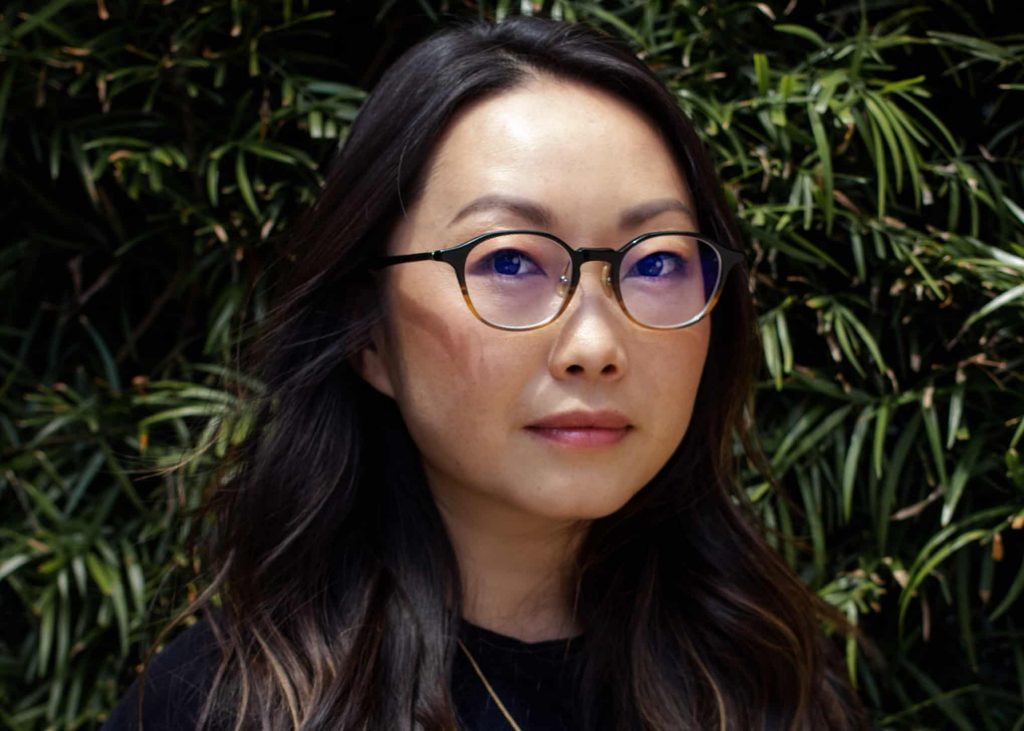
The Farwell is not unaccompanied this year either, as 2019 has been a busy year for directors exploring their personal histories, with the past two months alone seeing the release of Pedro Almodóvar’s Pain and Glory and Joanna Hogg’s The Souvenir. Yet, even in a somewhat crowded field, Wang’s film feels distinctly unique. It’s deeply particular and has emotional heft that writhes beneath the surface. The evocations of childhood, Billi’s grandfather, and her inner conflicts are exquisitely drawn yet Wang deftly weaves in moments of comedy that are tender, perfectly contrasting the sombreness of the occasion – often boldly directly juxtaposing the two.
The Farwell is uprooting in the best ways. It modifies your thought process, dissects your preconceived notions and challenges you to let them go. It’s quiet and looming, with each character being worthy of their own two-hour film to see how they respond to the lie. The Farewell is the kind of film that demonstrates what cinema can be (powerful, moving, and specific) especially when diverse creators are able to handle their own stories, ones they draw from personal experience. It’s clear that Wang is a bold cinematic voice, one that has something distinct and nuanced to say, with a long career ahead of her. So, rather ironically, The Farewell feels like a significant arrival.
Rating:  (5 / 5)
(5 / 5)
The Farewell is in cinemas nationwide on the 20th September.
Also Read: The Unlikely Sucess of A24


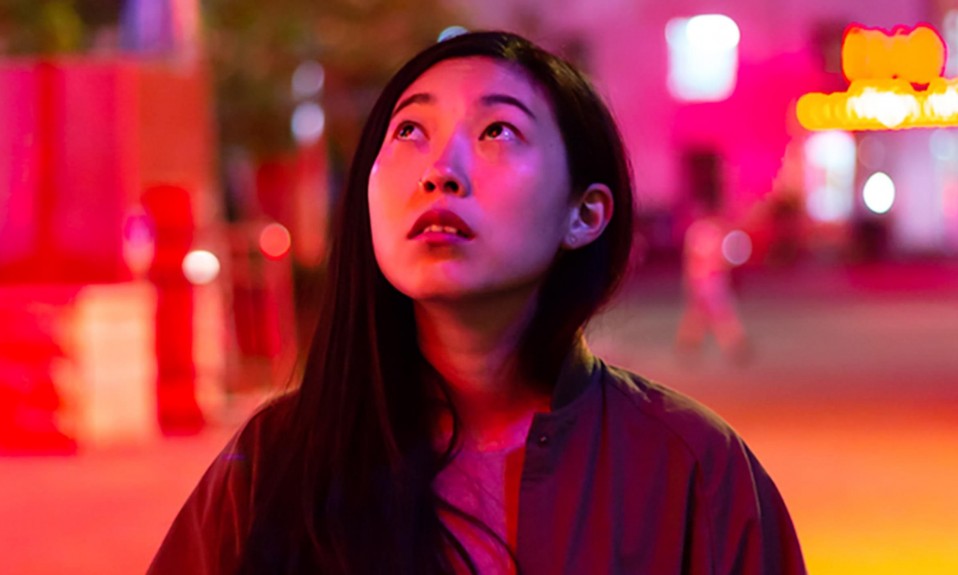
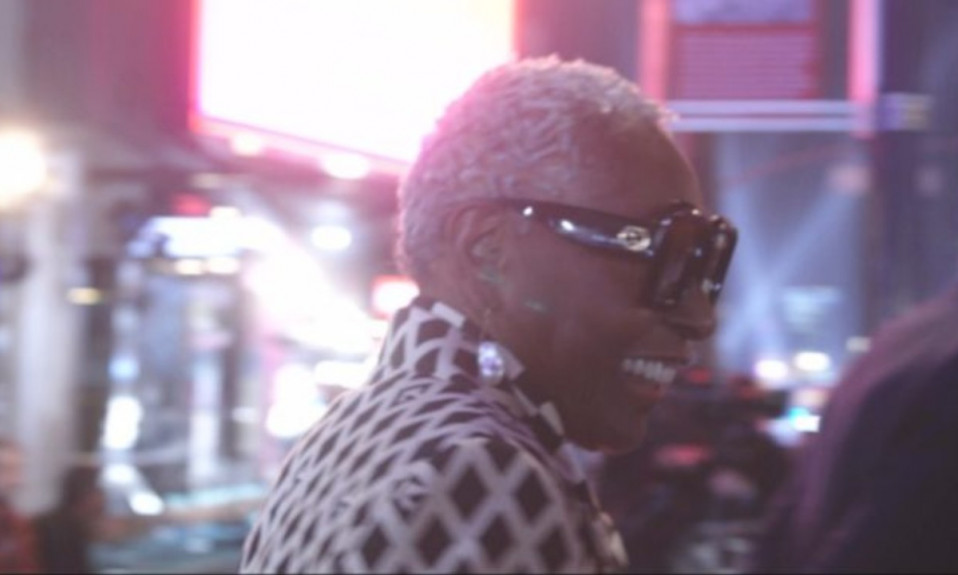
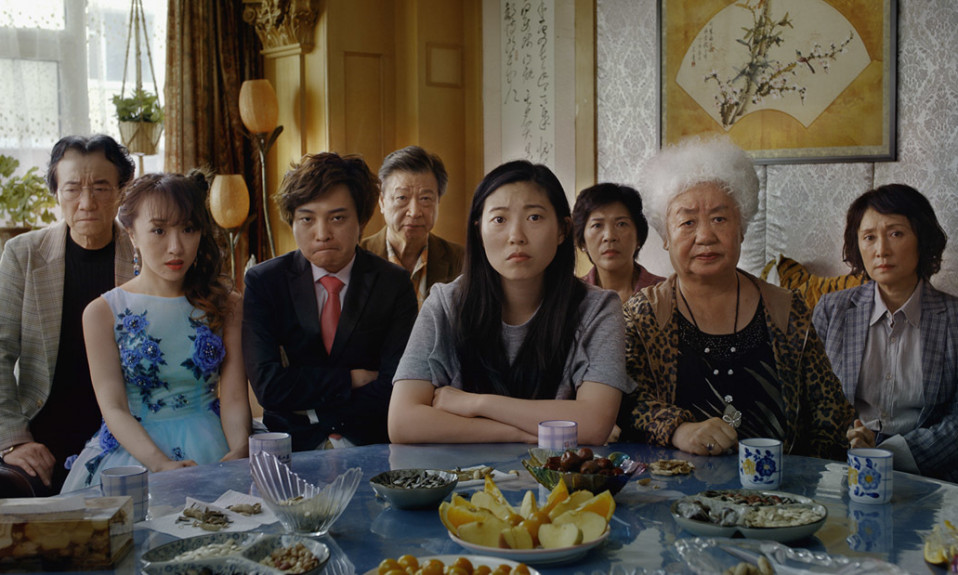
![Online Film Festivals [Source Freepik and Wikipedia]](https://bigpicturefilmclub.com/wp-content/uploads/2021/01/online-film-festivals-Source-Freepik-and-Wikipedia-958x575.jpeg)
